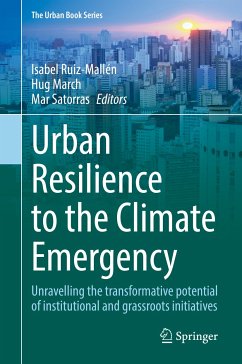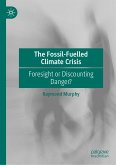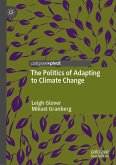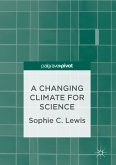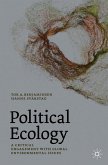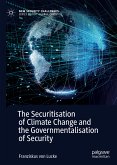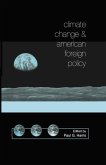Although several publications cover the topic of urban resilience, this book provides a more nuanced exploration of urban climate governance and citizen engagement in urban climate resilience policies through the lenses of political ecology, environmental justice and co-production. In this regard, the volume moves beyond the approach of multilevel urban climate governance by critically addressing the unexpected impacts of top-down strategies of urban resilience with the goal of expanding the reflection on citizen engagement. The book also explores the emerging possibilities behind the co-production of urban resilience as well as the critical role of grassroots and citizens in promoting such alternative strategies. While the primary target audience is scholars from different disciplines (e.g. geography, urban studies, planning, political ecology, architecture, urban sociology, environmental studies) focusing on urban resilience, the editors also aim to reach urban resilience practitioners from local, national and international organisations as well as environmental grassroots and climate activists.
Dieser Download kann aus rechtlichen Gründen nur mit Rechnungsadresse in A, B, BG, CY, CZ, D, DK, EW, E, FIN, F, GR, HR, H, IRL, I, LT, L, LR, M, NL, PL, P, R, S, SLO, SK ausgeliefert werden.

